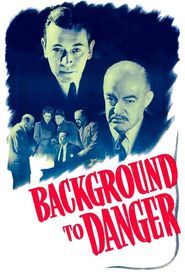Brenda Marshall, a highly accomplished and celebrated American film actress, whose given name was Ardis Ankerson, was born on September 29, 1915, in Negros, Philippines, a country rich in cultural heritage and natural beauty.
Marshall's personal life was characterized by a tumultuous and complicated marital relationship with actor Richard Gaines, which ultimately culminated in a divorce in the year 1940, marking a significant turning point in her life. Following this divorce, Marshall embarked on a new romantic venture, marrying the renowned actor William Holden in the year 1941, an event that had a profound impact on her professional trajectory, as her film career began to gradually slow down shortly after this union.
The Constant Nymph, a film released in 1943, marked a notable turning point in Marshall's acting career, as it garnered significant success, yet, paradoxically, her professional trajectory began to slow down in the years that followed, with a limited number of minor film appearances serving as a testament to this decline.
One of the few standout roles Marshall managed to secure during this period was that of Nora Goodrich, a scientist, in the 1946 cult classic Strange Impersonation, a grade-B film that, despite its initial modest commercial prospects, has since developed a devoted fan base, thereby transcending its initial categorization as a low-budget production.
Brenda Marshall's existence was characterized by an extraordinary degree of success, both professionally and personally, in the early stages of her life and career. Her remarkable trajectory was punctuated by a series of notable achievements and accolades, which garnered widespread recognition and admiration from both her peers and the general public.
However, her personal life was also marked by a tumultuous series of relationships, which were often tumultuous and dramatic. These intense emotional experiences had a profound impact on her overall well-being and sense of self, leaving an indelible mark on her psyche and emotional landscape.
As her career progressed, Marshall's creative output began to slow, and she eventually made the decision to retire from the film industry. This decision marked the end of an era in her life, as she transitioned into a new phase of existence, free from the demands and pressures of her professional life.
Despite the relatively short duration of her career, Marshall's impact on the world of cinema was profound and lasting. Her contributions to the art form continue to be celebrated and studied by scholars and cinephiles alike, serving as a testament to her enduring legacy and influence on the world of film.








































